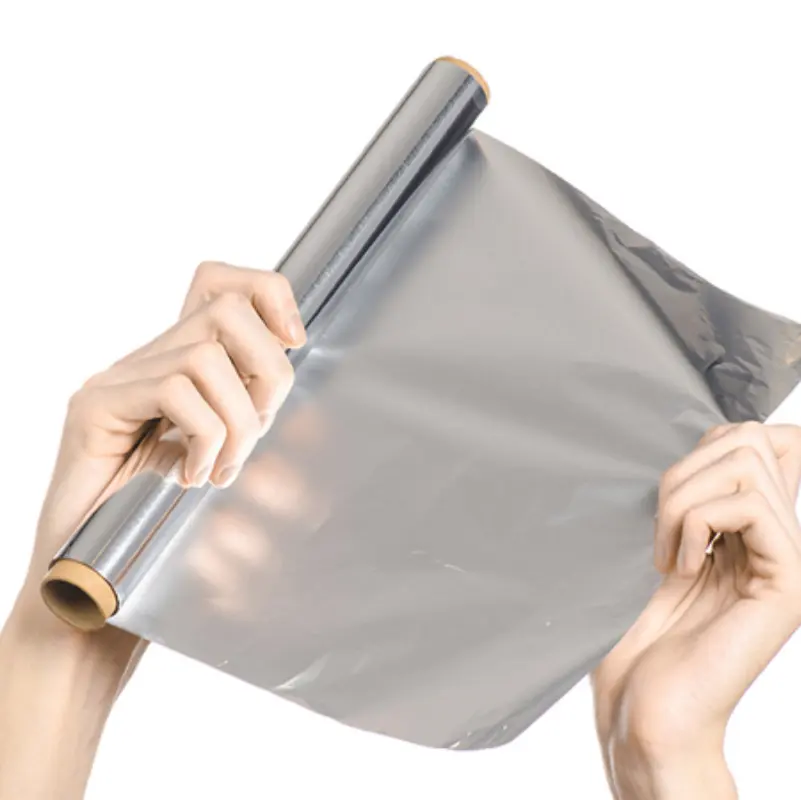If you accidentally ingest a small piece of aluminum foil, here’s what you need to know:
Immediate Effects:
- Physical Characteristics: Aluminum foil is thin and flexible, meaning it can conform to the shape of your stomach and intestines.
- Choking Hazard: If the foil is a large piece, there's a risk of choking or causing a blockage in the esophagus.
Digestive Process:
- Passage Through the GI Tract: If you swallow it, the foil typically passes through the digestive system without causing harm. It is usually too small to cause blockage, as it is unlikely to adhere to the intestinal walls.
- Acid Reaction: The acid in your stomach won't dissolve aluminum foil, but it generally won’t react in a harmful way. However, be mindful of any potential coatings or residues on the foil.
Potential Symptoms:
- Abdominal Pain: Some discomfort or cramps may occur, but this is often due to anxiety about eating something foreign or from muscle contractions in the digestive tract.
- Nausea or Vomiting: Again, this may stem more from anxiety than any actual physical irritation.
- Bowel Movements: The wall of the intestines usually transports the foil along, and it should exit in your stool, possibly with or without you noticing.
When to Seek Medical Attention:
- Persistent Pain: If you experience ongoing abdominal pain or discomfort after a day or two.
- Changes in Bowel Movements: If you notice blood in your stool or inability to pass stool, this may indicate a blockage.
- Choking or Breathing Difficulty: If you feel you’ve choked on the foil, or if it's lodged in your throat, seek emergency medical help immediately.
General Advice:
- Stay Calm: If you've ingested a small piece, it’s best to remain calm. Most people will pass it without issue.
- Monitor Symptoms: Keep an eye on how you feel over the next few hours or days.
Conclusion:
Eating aluminum foil by mistake is generally not dangerous for most people, especially if it's a small piece. Most will pass it naturally without any serious consequences. However, if you have concerns or experience significant or unusual symptoms, it's always best to consult a healthcare professional for guidance.



